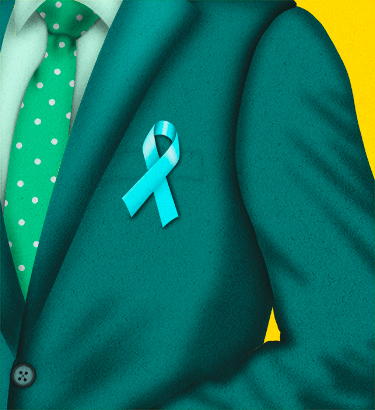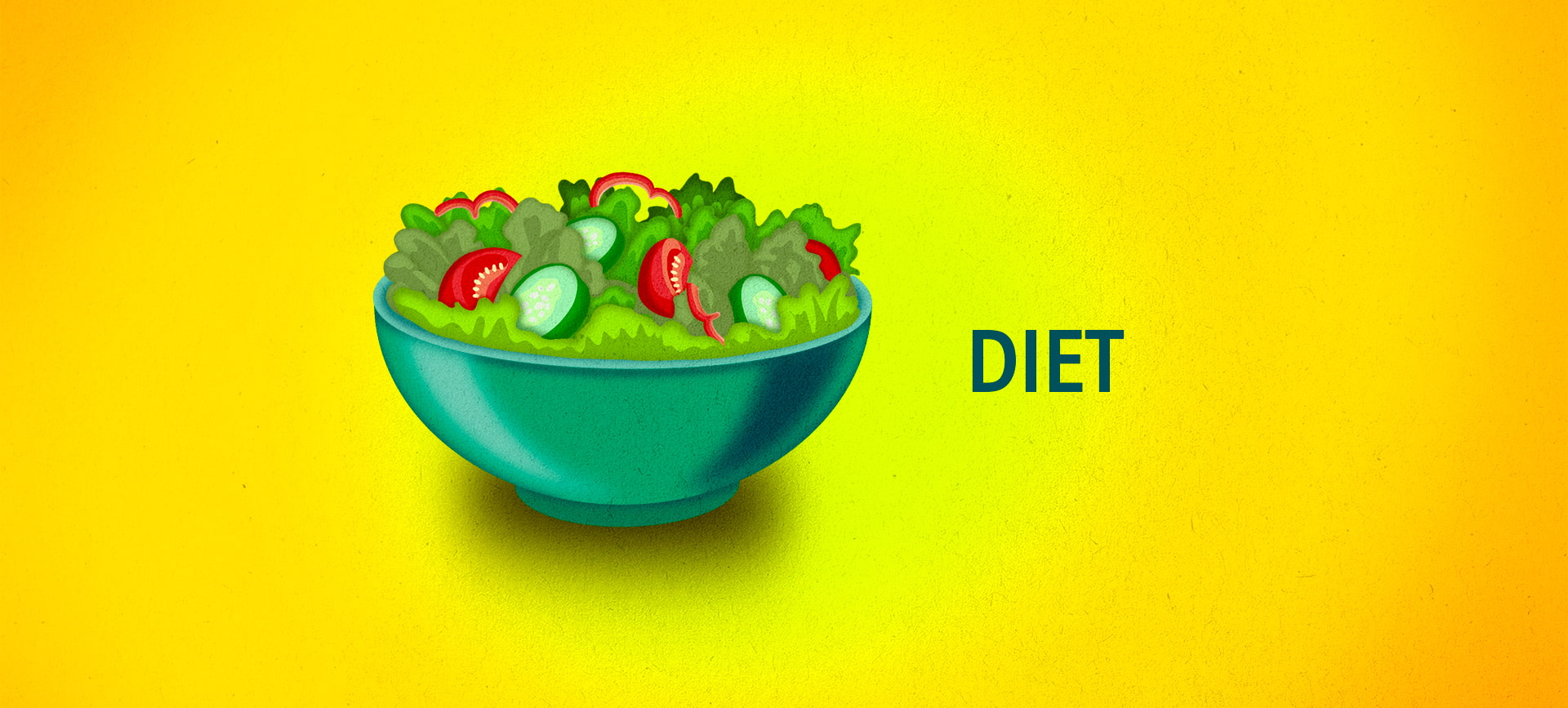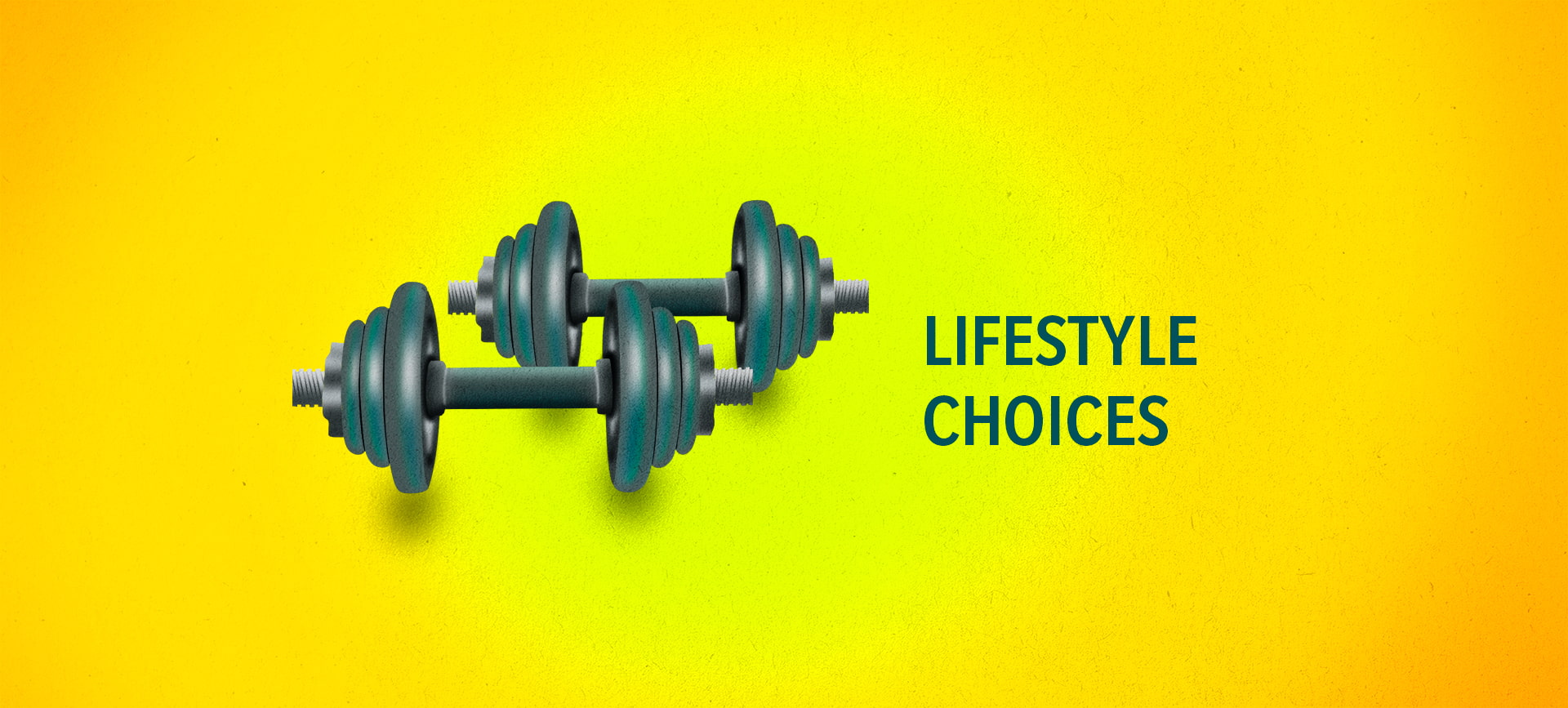As we learned in the first installment of this series, the most significant risk factors for prostate cancer are family history, genetic background and age. Any discussion of prostate cancer and who is susceptible begins with this trio.
While no one is certain to get prostate cancer, you are certainly at higher risk if any of the following are true:
- You have one or more close relatives who have had prostate cancer.
- You are African American.
- You are older than age 50.
Where that clarity begins to blur is when we try to break down all the other factors typically used to assess someone's risk for cancer: lifestyle choices, environment, diet, medication, prior illness and prior treatments.
"Unfortunately, prevention of prostate cancer is something that's very difficult to study," said Petar Bajic, M.D., a urologic specialist with the Cleveland Clinic. "Prostate cancer generally forms and evolves and changes very slowly, on the order of many, many years, sometimes even 10 or more years. Over that time, a man has many, many things that he might be exposed to: environmental things, dietary things and other medical conditions."
Imagine trying to catalog your diet over the past decade, listing places where you might have been exposed to toxic chemicals, or even assessing changes in your weight or activity level. It makes pinning down a single smoking-gun cause for prostate cancer nearly impossible.
However, making some broad changes, mostly having to do with diet and lifestyle, can help improve your odds and prevent the worst of outcomes.
"We know that there are two separate things that affect our bodies," said Jayram Krishnan, D.O., a urologist who specializes in surgical oncology with the Cleveland Clinic. "First is what we're born with, our genetic identity. The second thing is environmental factors, the things we can manipulate, that we can control."
That includes what we put into our bodies.













